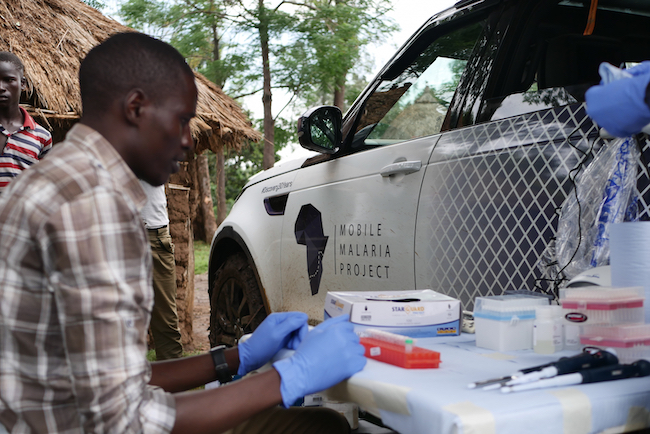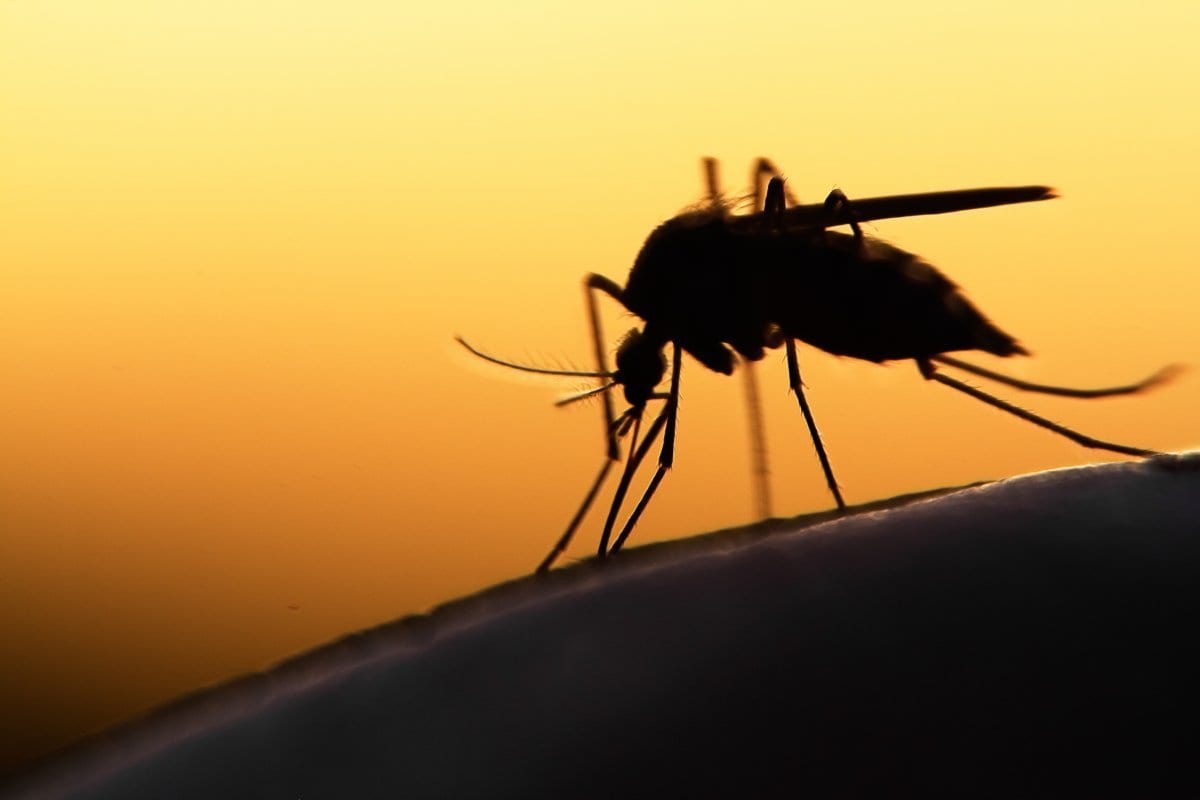Every two minutes, a kid under age 5 dies of malaria. Malaria still remains a major public health problem in Kenya in 2019 and accounts for an estimated 16% of outpatient consultations based on data from the routine health information system. Malaria transmission and infection risk in Kenya is determined largely by altitude, rainfall patterns, and temperature.
Approximately 70% of the Kenyan population are at risk of getting malaria. According to the Kenya National Bureau of Statistics, malaria is still the second biggest cause of reported deaths after respiratory infections
“Kenya is still one of endemic countries. The gains we have made are so fragile and they need to be guarded,” Ministry of Health Head in Charge of Malaria Control Programme Dr Erjesa Waqo says.
So why is Kenya yet to win the fight against malaria? One is funds. Falling investment – both by the Kenyan government and international bodies – has impacted the fight against malaria. Inadequate funding has been flagged as one of the biggest threats in eliminating malaria in Kenya’s fight against the disease, a ministry official was quoted saying. He said the Ministry aims to reduce the cases by 75 per cent by 2023 as per the newly unveiled Malaria strategy. The strategy indicated that the Ministry needed Ksh61 billion to finance the Malaria activities. However, the total amount available is Ksh37 billion leaving a gap of Ksh24 billion. The gap is expected to be filled from local funding and resources from partners.
The Roll Back Malaria initiative, the largest global platform for coordinated action, estimates that Kenya actually needs more than $427 million over for the period 2018-20.
Kenya recently postponed a large-scale pilot test for a malaria vaccine that could reduce the burden of the disease. The World Health Organisation (WHO) chose Malawi, Ghana and Kenya to vaccinate 360,000 children per year with the two nations already beginning the rollout in April while Kenya is yet to start.
“I regret to inform you that the stakeholders breakfast meeting planned for this Tuesday, August 13, and the launch planned for Thursday, August 15, have been postponed to a later date to be communicated to you shortly. This is due to the upcoming Health Summit scheduled on August 14 and 15,” head of the National Vaccines and Immunization Programme, Dr Collins Tabu, said.
Secondly, Scientists have discovered genetic factors that could enable malaria parasites found in Kenya develop resistance to anti-malaria drugs. There is growing resistance among mosquitoes to the commonly used pyrethroid-based insecticides which means if new forms of treatment are not developed, any progress made against malaria may be at risk. Land Rover Discovery recently powered a mobile malaria research in Kenya. During a two-month trip, the discovery team set out to demonstrate it is possible to train people to use technology to generate information about the amount of drug resistance in the parasites that cause malaria in a population from genetic data. The team played the role of mobile laboratory on a pioneering drive across sub-Saharan Africa

There is hope for Kenyans yet. Just recently Kenyan scientists made news after they successfully used bacteria to kill the parasite that causes Malaria. The Kenya Medical Research Institute (Kemri) and global health partners say the breakthrough could potentially lead to the development of a new class of drugs in less than two years.
Scientists also now believe we can eradicate the disease by 2050. Scientists from The Lancet Commission, which was launched in 2017 by the Global Health Group at the University of California San Francisco believe that with better management training among national malaria program managers and staff, Creation and deployment of innovative tools that includes investing in rapid diagnosis, new long-lasting insecticides, and new medications and enough funds ( Increased global spending on malaria by $2 billion per year to $6.3 billion) Malaria can be eradicated.
“For too long, malaria eradication has been a distant dream, but now we have evidence that malaria can and should be eradicated by 2050,” Richard Feachem, co-chair of the Lancet Commission on malaria eradication said.
The goal is to wipe out not the malaria-carrying mosquitoes but the parasites in the human bloodstream they transmit.
At a time in history when we’re armed with solid science and sufficient resources to deploy it, letting malaria continue to be a death sentence is arguably ethically indefensible.
Kenya Insights allows guest blogging, if you want to be published on Kenya’s most authoritative and accurate blog, have an expose, news TIPS, story angles, human interest stories, drop us an email on [email protected] or via Telegram

 Investigations6 days ago
Investigations6 days ago
 Grapevine2 weeks ago
Grapevine2 weeks ago
 News2 weeks ago
News2 weeks ago
 Opinion2 weeks ago
Opinion2 weeks ago
 Americas6 days ago
Americas6 days ago
 News1 week ago
News1 week ago
 Politics2 days ago
Politics2 days ago
 News6 days ago
News6 days ago




















